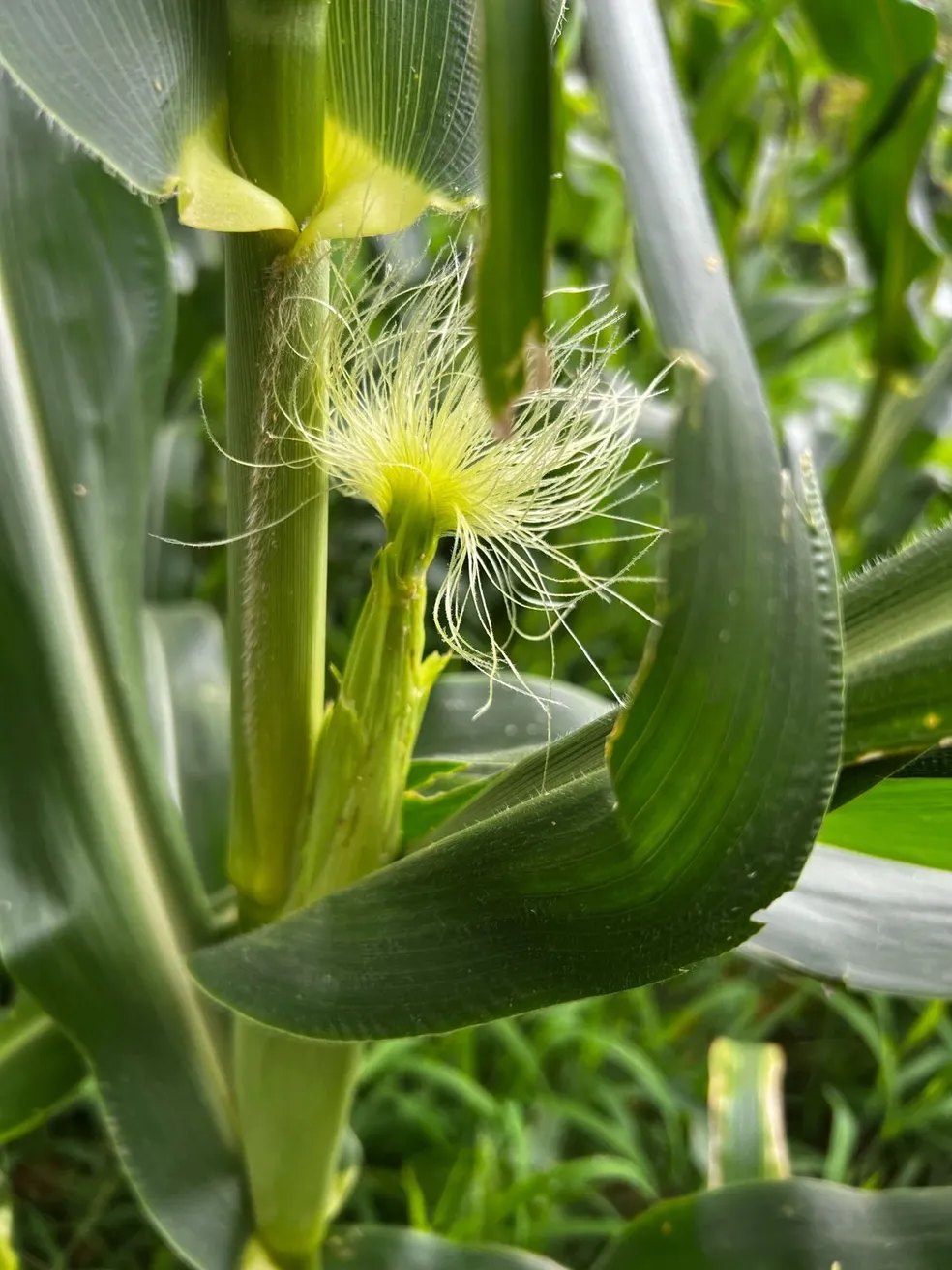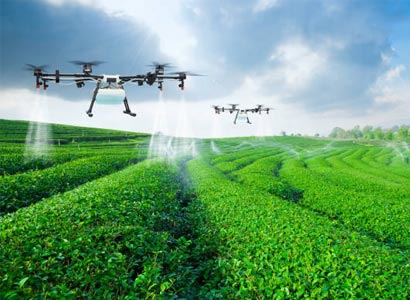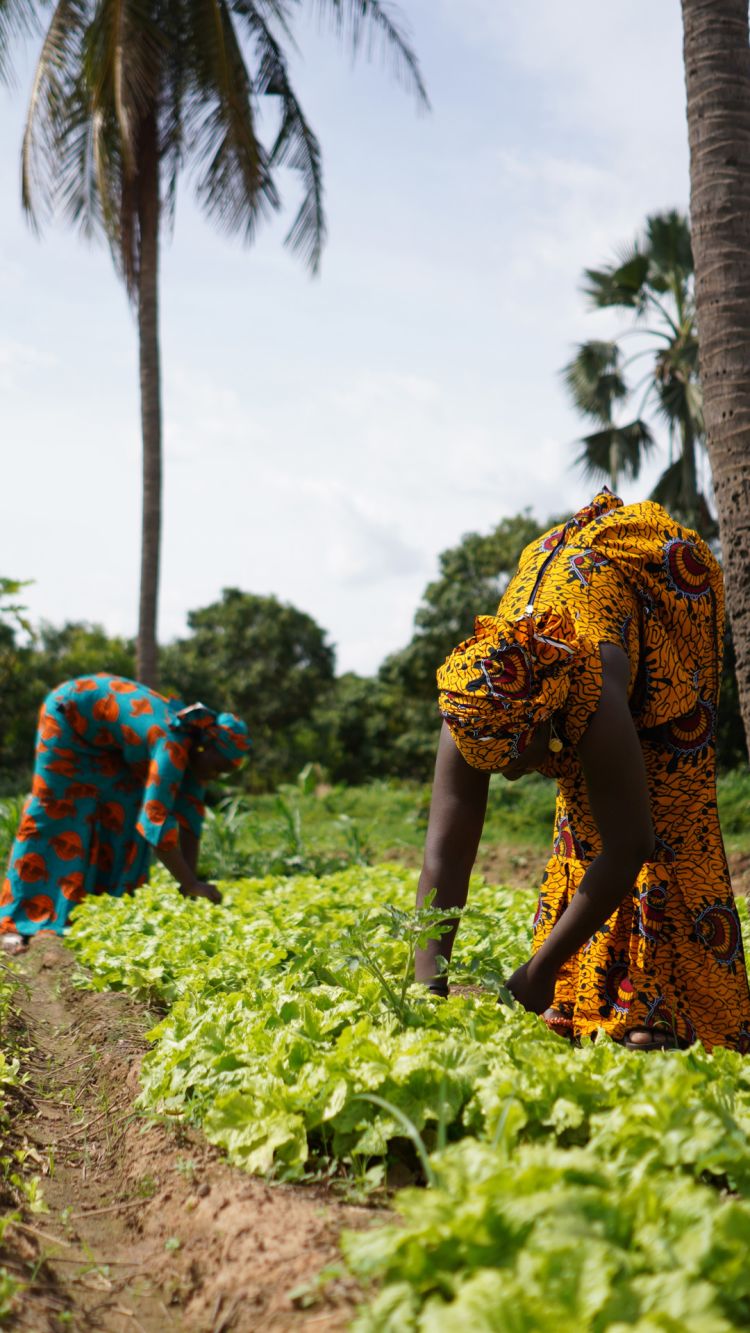

African Food Security (AFS), founded in 2024, has emerged as one of several foreign-led agribusinesses. ventures seeking to invest in Africa’s underutilized arable land. Its mission, as stated by its leadership, includes promoting sustainable farming practices while improving food production capacity in regions vulnerable to import dependency and climate shocks.

African Food Security, a New York-based company, sees food production in Africa as one of the next biggest opportunities. CEO Alan Kessler joins CNBC Africa to expand on the company's plans over the next three years. Mon, 26 Aug 2024
Michigan State University (MSU) College of Agriculture and Natural Resources (CANR) has signed a letter of intent (LoI) to discuss and explore collaborative opportunities with African Food Security (AFS), an agricultural development company emerging from Cameroon, dedicated to becoming a global leader in food security.
Critical issues around the food and energy security plaguing Africa dominated discourse at the Food and Energy Security Conference hosted by White & Case LLP in collaboration with the Nigeria Sovereign Investment Authority (NSIA), Afreximbank, and African Finance Corporation (AFC), in Lagos.
Flux, a carbon dioxide removal (CDR) company specializing in enhanced rock weathering (ERW), has signed a Memorandum of Understanding (MoU) with African Food Security, an agricultural development firm based in Cameroon, to launch a significant ERW project in the Central African country.
African Food Security, AFS, an agricultural development company emerging from Cameroon dedicated to becoming a global leader in Food Security to feed the Africa region and the world, has sealed a strategic deal with the government of Cameroon to boost economic growth and development within communities.
"Before we started using drought-resistant seeds, my farm would barely produce enough to feed my family. Now, even with less rain, we harvest enough maize to eat and sell. Food security isn’t just a goal — it’s changing our lives one season at a time."
"In communities where we introduced climate-smart farming and nutrition training, malnutrition rates have dropped significantly. Food security isn't just about growing more food — it's about empowering people to feed themselves sustainably."
"As a young African, I believe our generation must take the lead in transforming agriculture. Through technology and education, we can make farming attractive, productive, and key to ending hunger in Africa."


Food security means that all people, at all times, have physical, social, and economic access to sufficient, safe, and nutritious food to meet their dietary needs for an active and healthy life. In Africa, food security is crucial because many communities rely on agriculture for their livelihoods, and lack of food security can lead to hunger, malnutrition, and social instability.
Some key challenges include climate change (droughts, floods), poor infrastructure, limited access to modern farming technologies, political instability, land degradation, and rapid population growth. These factors reduce agricultural productivity and hinder access to food.
Climate change leads to unpredictable weather patterns, droughts, and floods, which damage crops and reduce yields. Many African farmers rely on rain-fed agriculture, making them highly vulnerable to changing climate conditions, which threatens food availability and livelihoods.
Efforts include investing in climate-resilient agriculture, improving irrigation, promoting sustainable farming practices, enhancing access to markets and finance, supporting smallholder farmers, and strengthening food storage and distribution systems. International partnerships and government policies also play a key role.